The seminar is an important activity in the series of political activities of the Ministry of Foreign Affairs to study and follow the ideology, morality and style of President Ho Chi Minh, thereby applying Ho Chi Minh's diplomatic ideology into the practice of foreign affairs.
Mr. Bui Thanh Son, Member of the Party Central Committee, Secretary of the Party Committee, Secretary of the Ministry's Party Committee, Minister of Foreign Affairs attended and delivered a speech directing the Seminar.
The seminar consisted of three sessions. The first session included discussions between former leaders, veteran cadres and scientists on Ho Chi Minh's ideology, art and diplomatic methods. The second session focused on the application of Ho Chi Minh's ideology in implementing the 13th National Congress' guidelines, with sharing from representatives of units within the Ministry and the Ministry's Youth Union on the practical application of Ho Chi Minh's ideology in implementing foreign affairs. The third session was an open discussion for young generations of diplomatic cadres to learn from previous generations and share their thoughts, dreams and ambitions.
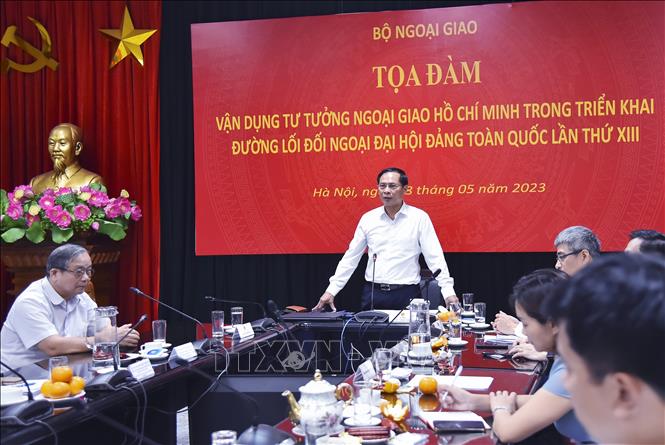
Minister of Foreign Affairs Bui Thanh Son speaks. Photo: VNA.
At the seminar, the opinions and statements had high scientific content, were carefully researched by the speakers, clarifying the content, methods, style and art of Ho Chi Minh's diplomacy with new perspectives and new aspects of Ho Chi Minh's diplomatic thought. At the same time, many statements also related and evaluated the practical implementation of Ho Chi Minh's thought in foreign affairs in recent times, and the experience and application of Ho Chi Minh's diplomatic thought in handling current foreign affairs activities. Notably, some opinions went into depth to propose and recommend measures to better implement the application of Ho Chi Minh's thought in implementing the foreign policy of the 13th National Congress.
Assessing the art of Ho Chi Minh's diplomacy, former Deputy Prime Minister Vu Khoan emphasized four characteristics of Ho Chi Minh's diplomacy, which are: Firm in goals, peaceful in nature; flexible in actions; humane in character and behavior. At the same time, four areas that need to be studied and applied in diplomatic work are: Forecasting research; handling diplomatic crises; diplomatic communication and lifelong learning.
In his closing remarks, Minister Bui Thanh Son acknowledged the valuable contributions to help clarify Ho Chi Minh's ideology, style and diplomatic art, because this is an important component of Ho Chi Minh's ideology, and Ho Chi Minh's ideology is an important part of the ideological foundation, theory and guideline for our Party's actions. Applying Ho Chi Minh's diplomatic ideology to foreign affairs practice, first of all, is to research, forecast and advise on strategies to maintain the initiative in the context of many complex and major changes in the world.
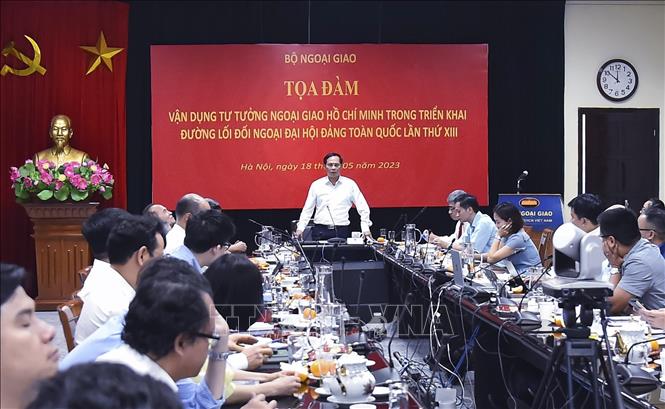
Seminar scene.
To meet the current work requirements, diplomatic staff need to thoroughly grasp his guiding principles of “looking broadly and thinking carefully”, “knowing oneself, knowing others, knowing the times and situations” to “know how to advance, retreat, stop, and change” for the benefit of the nation. This needs to be applied in dealing with relations with each partner, each international forum, and each specific context. In an increasingly complex international context, it is necessary to be calm and courageous on the basis of steadfast independence and self-reliance, while at the same time being clever, subtle, and creative in handling relationships.
Minister Bui Thanh Son also emphasized that Vietnamese diplomacy has a unique and distinctive foreign policy school of the Ho Chi Minh era; that is the "Vietnamese bamboo" diplomatic school with a solid root, a strong trunk, flexible and supple branches but very resilient. The "Vietnamese bamboo" foreign policy and diplomacy school based on the foundation of Ho Chi Minh's diplomatic ideology and the tradition, diplomatic identity, culture and nation is suitable for the specific conditions of Vietnam and meets the requirements of national development in the current period.
"Strong roots" are the tradition of self-reliance, self-improvement, national interests, guided by the Party's ideological foundation. "Strong trunks" are the resilience in the face of all challenges and difficulties, the core of the foreign policy of independence, self-reliance, multilateralization, and diversification of relations. "Flexible branches" are the behavior of "being unchanging, responding to all changes". The Minister requested that experts, scientists, veteran cadres, and units in the Ministry study and clarify the content of the "Vietnamese bamboo" diplomatic school, apply it firmly and creatively in practical foreign affairs activities.
The seminar has profound theoretical and practical significance, contributing to educating traditions and equipping knowledge for officials working in foreign affairs, helping to better understand the significance of Ho Chi Minh's diplomatic thought for effective application, contributing to the successful implementation of the foreign policy of the 13th National Party Congress.
Source




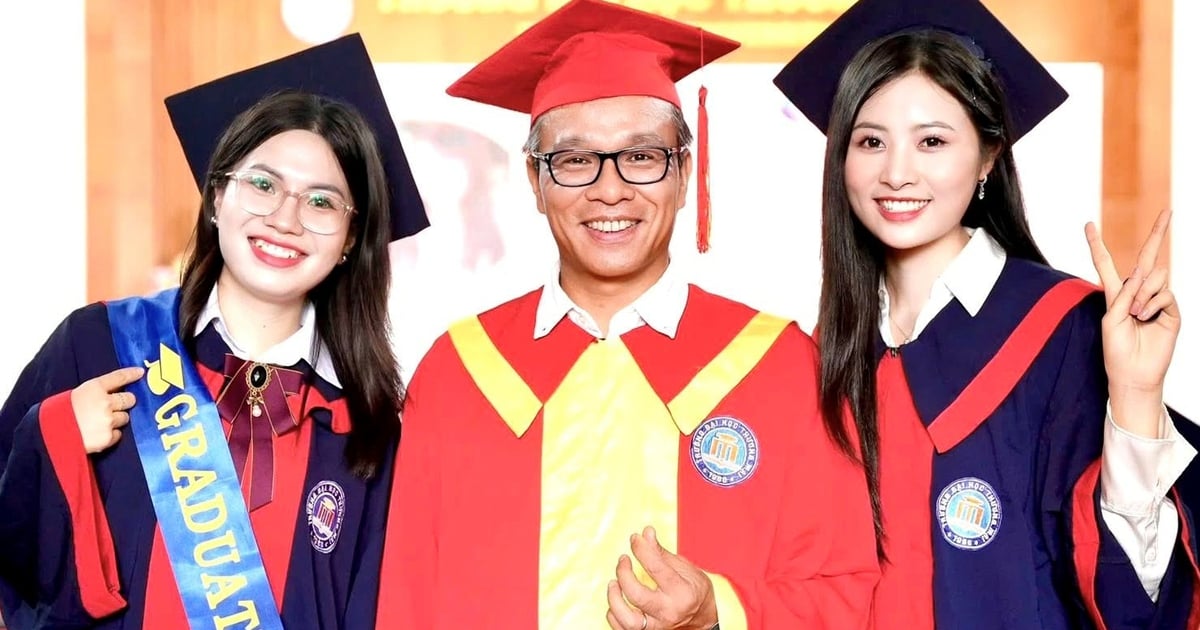

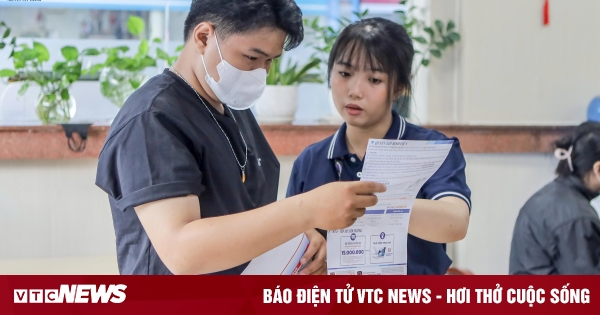
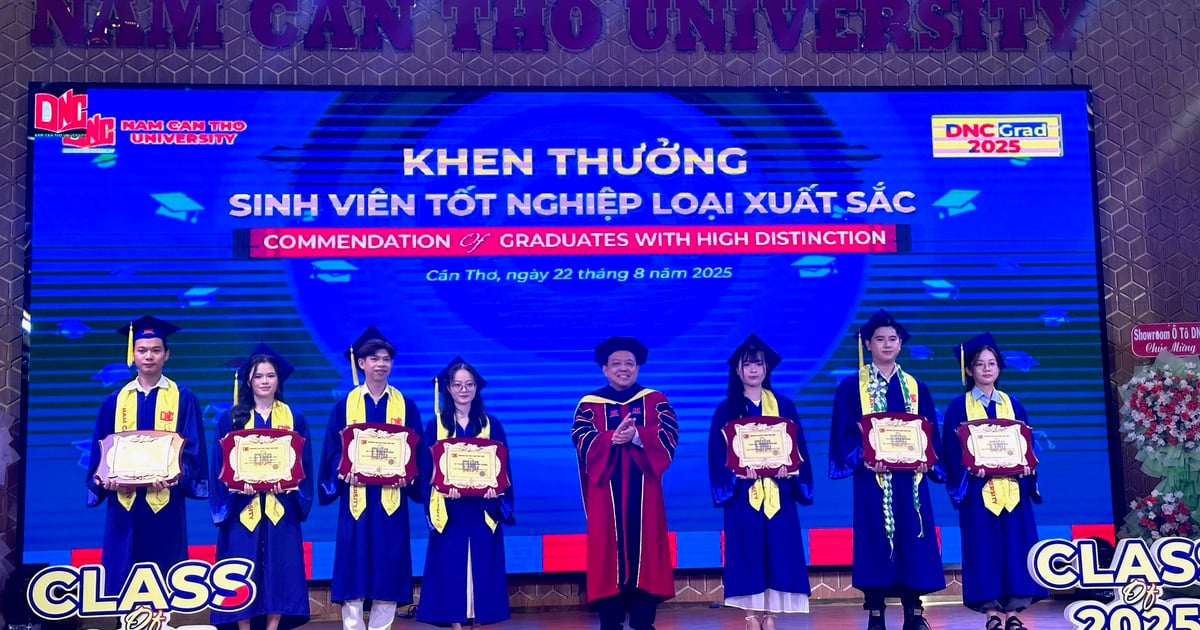
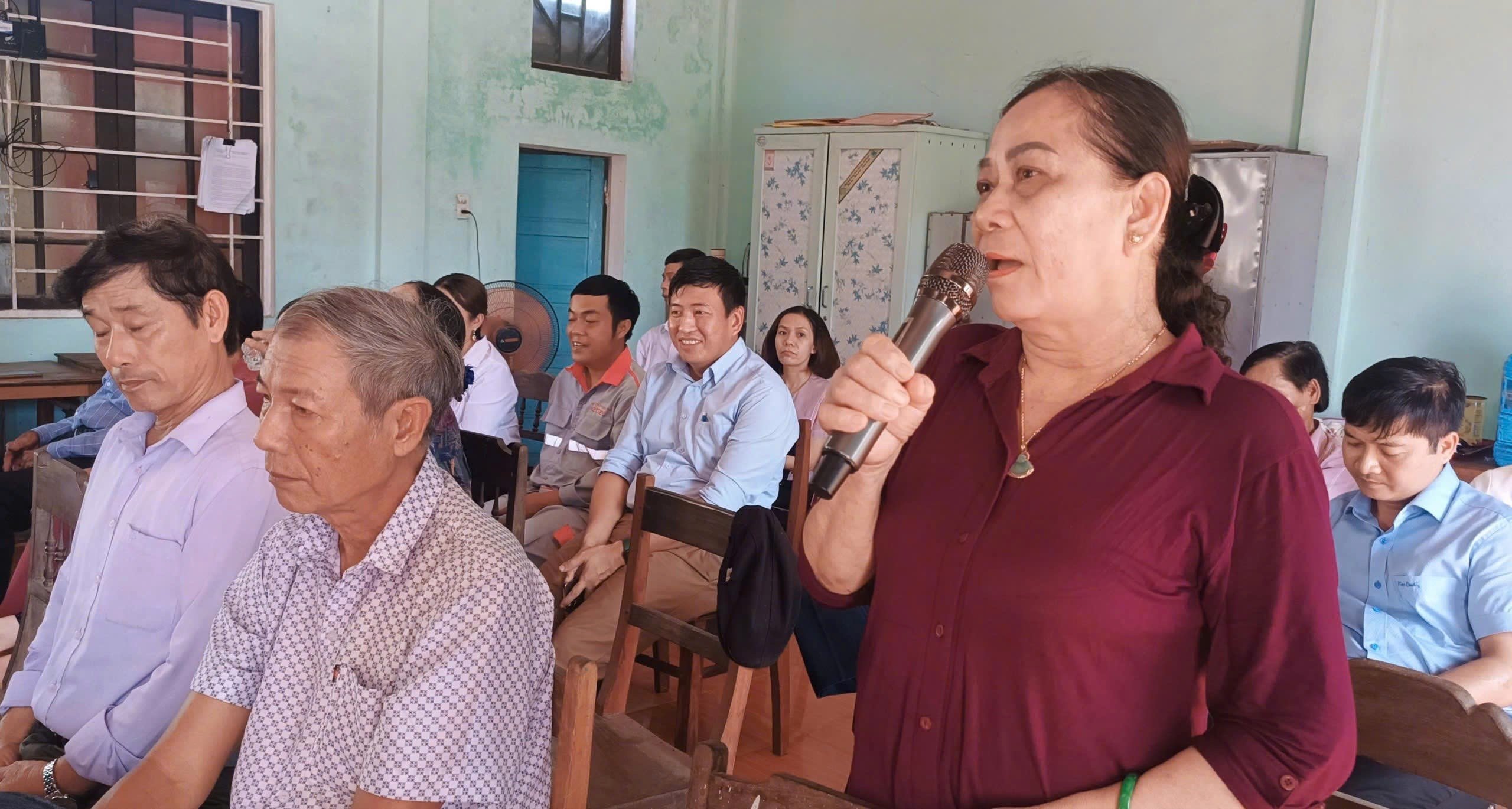

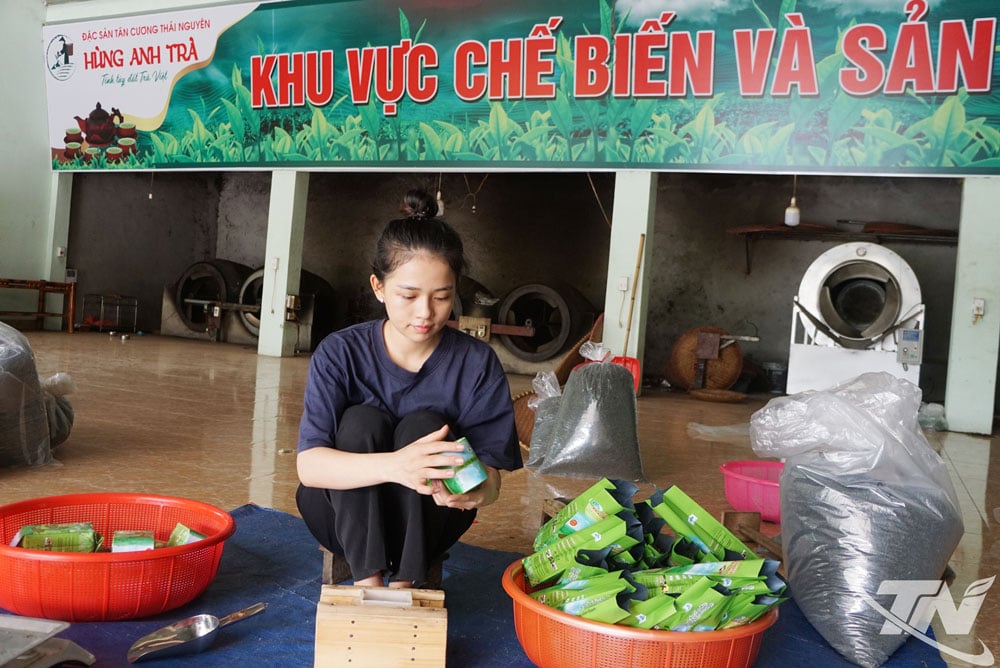
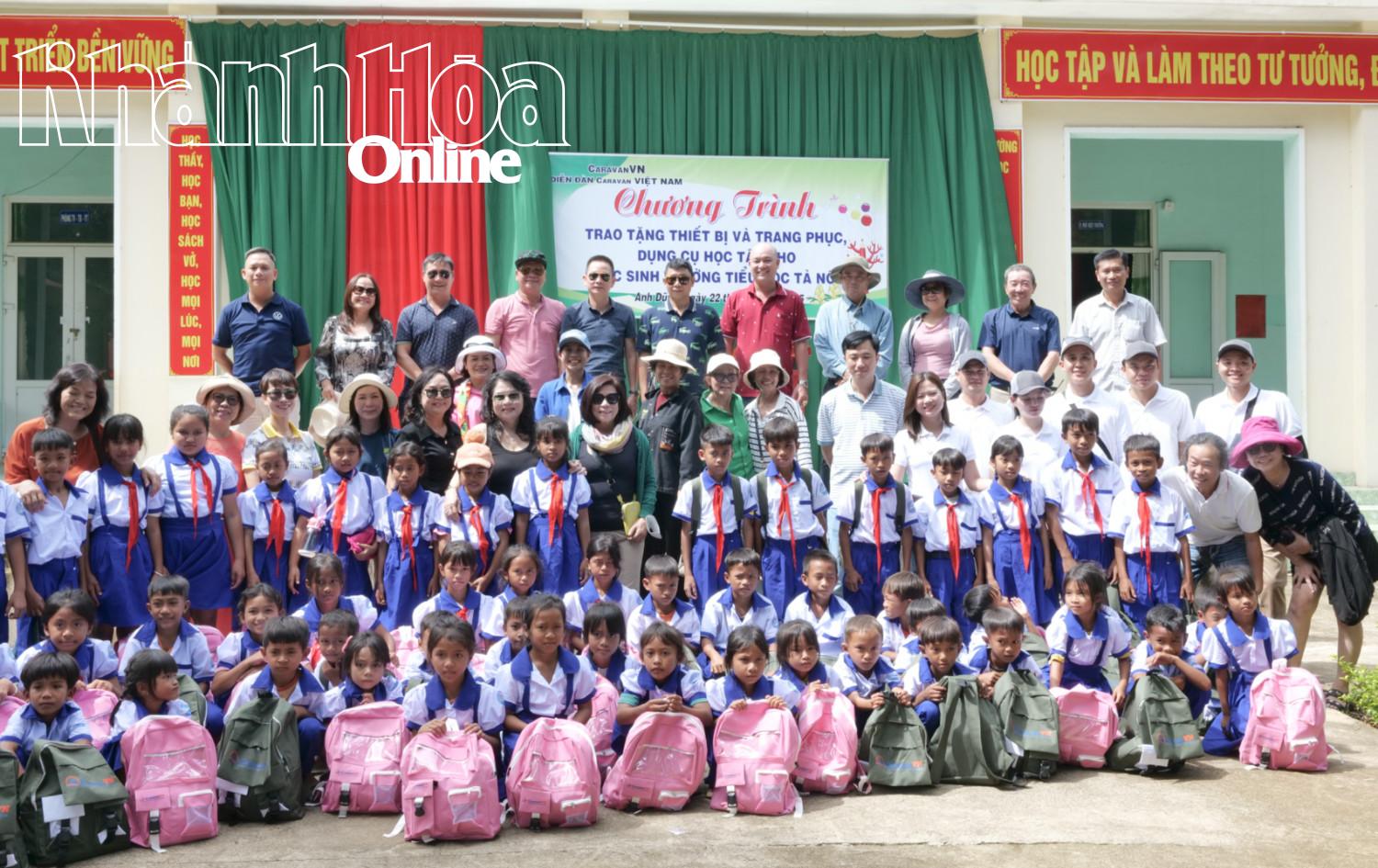
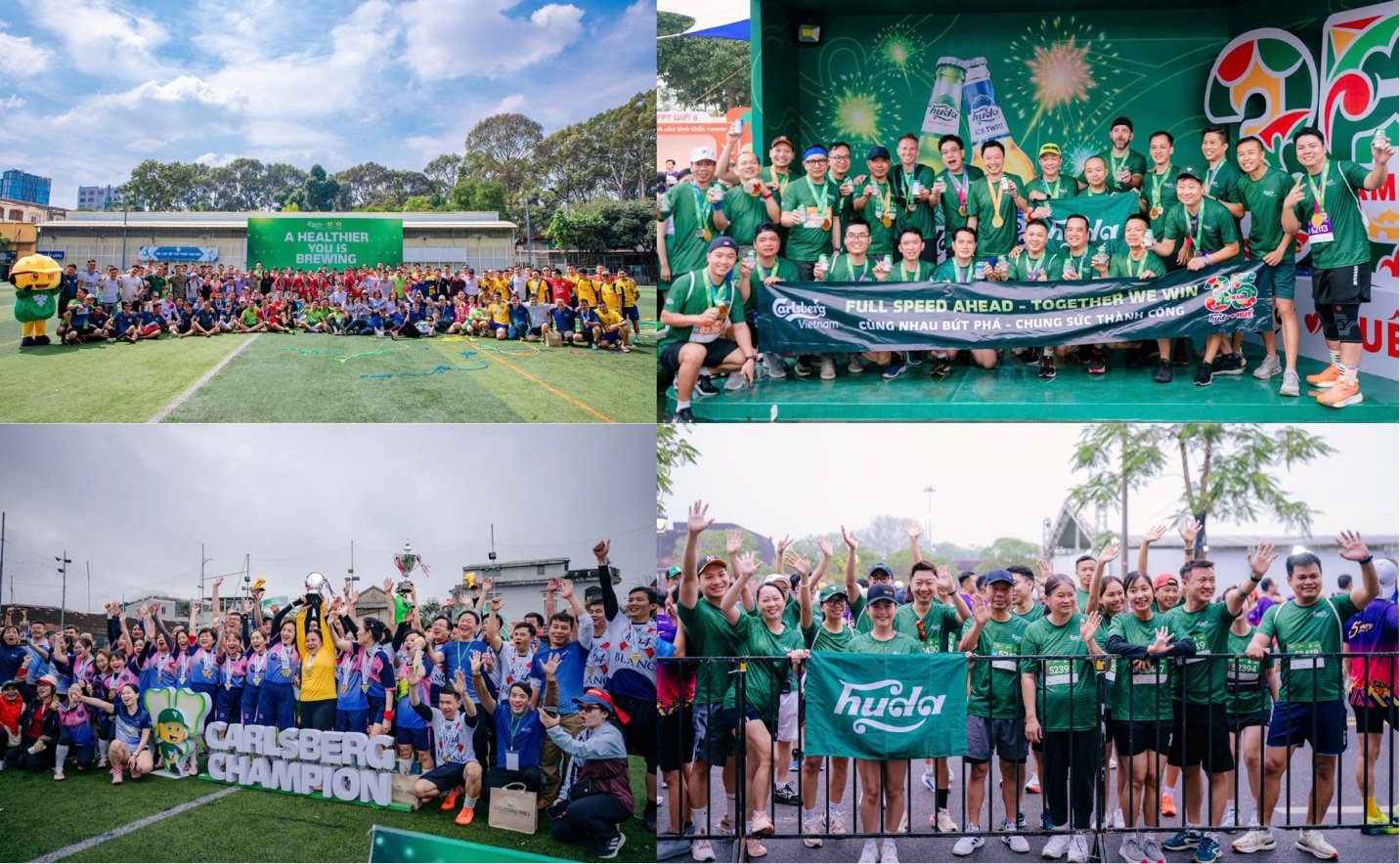










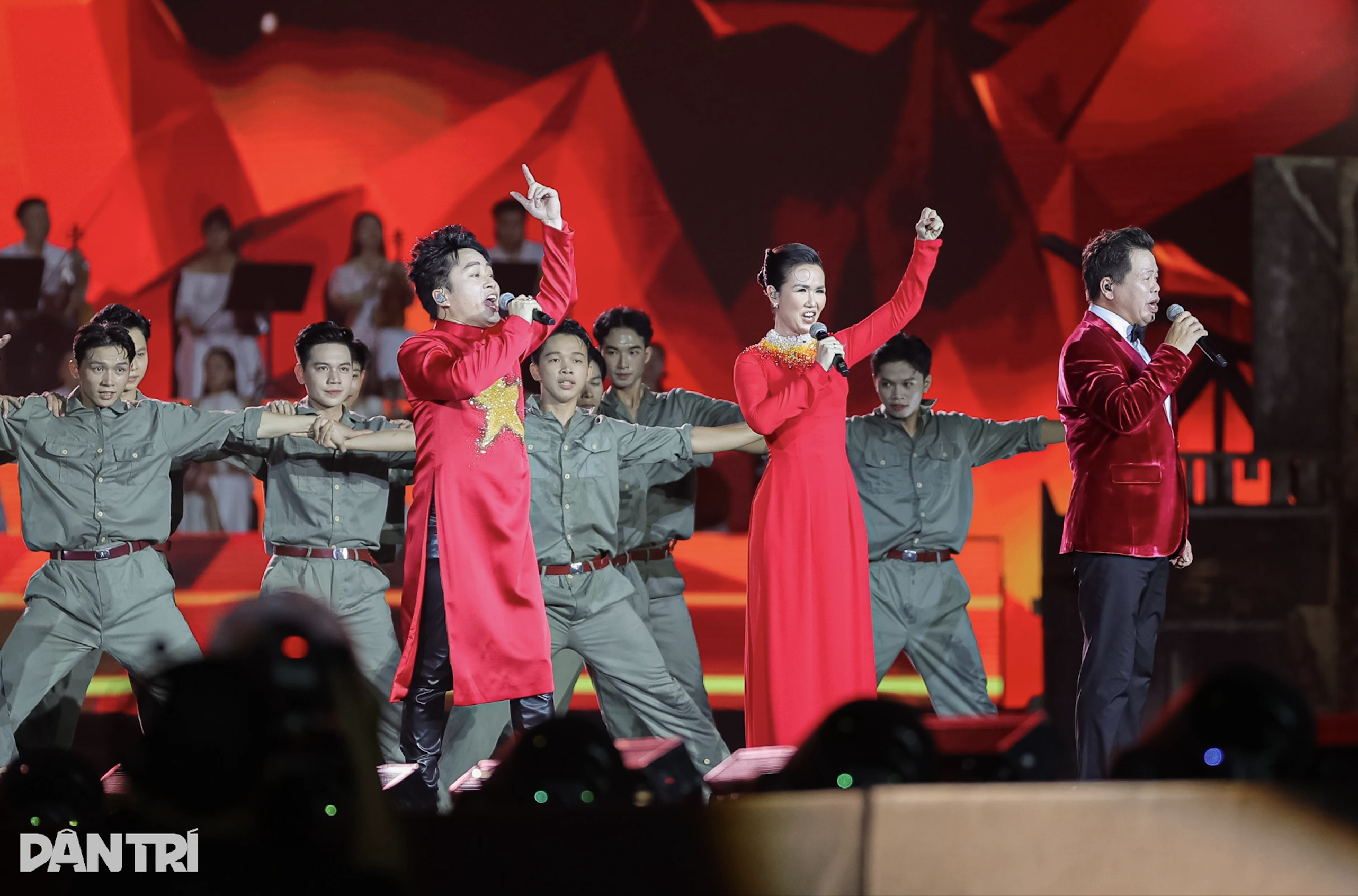
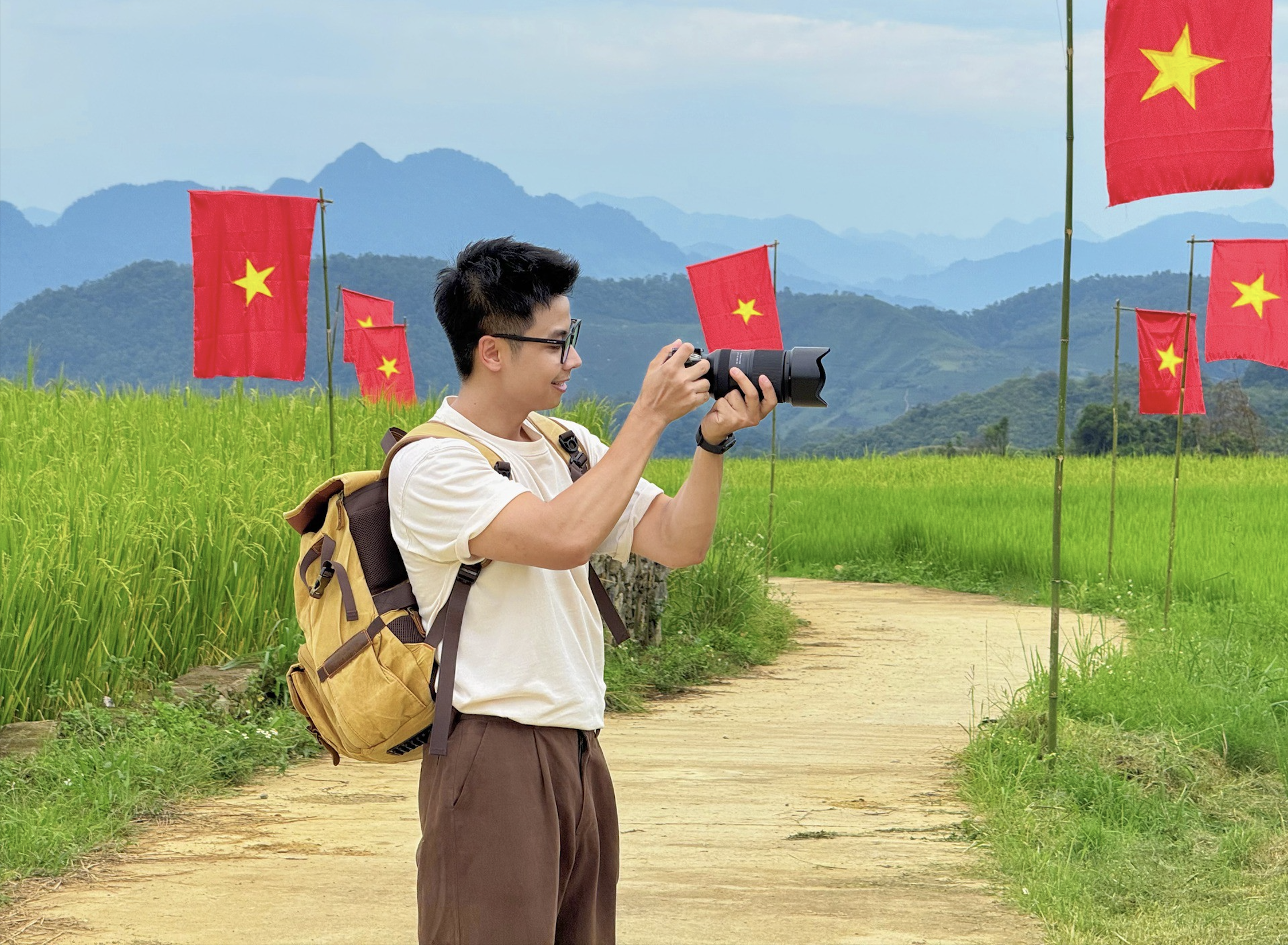

![[Photo] Scientific workshop "Trade unions with the task of participating in state management and building a socialist rule of law state"](https://vstatic.vietnam.vn/vietnam/resource/IMAGE/2025/8/22/789f6384ec37466098a8bcb531deb281)
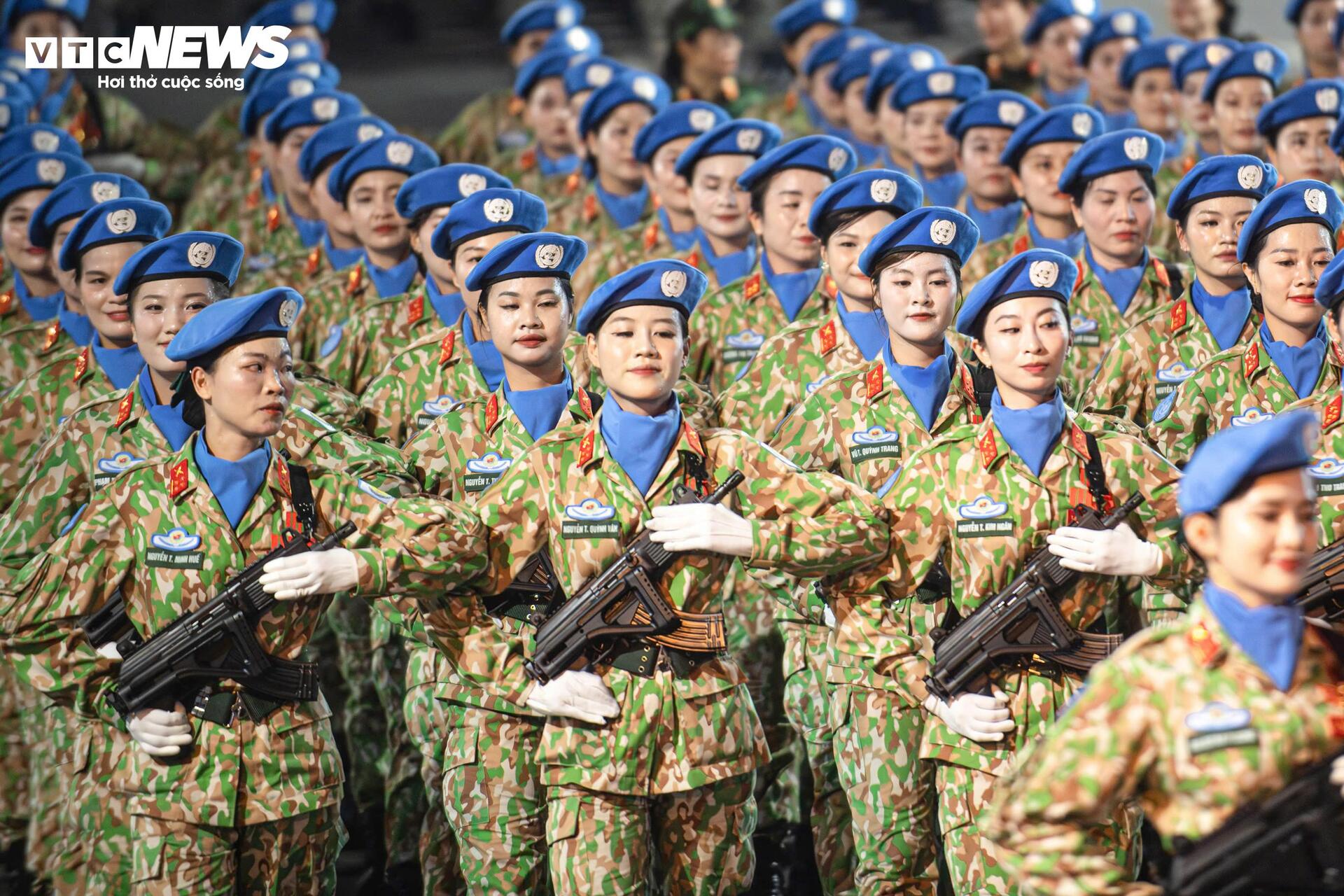
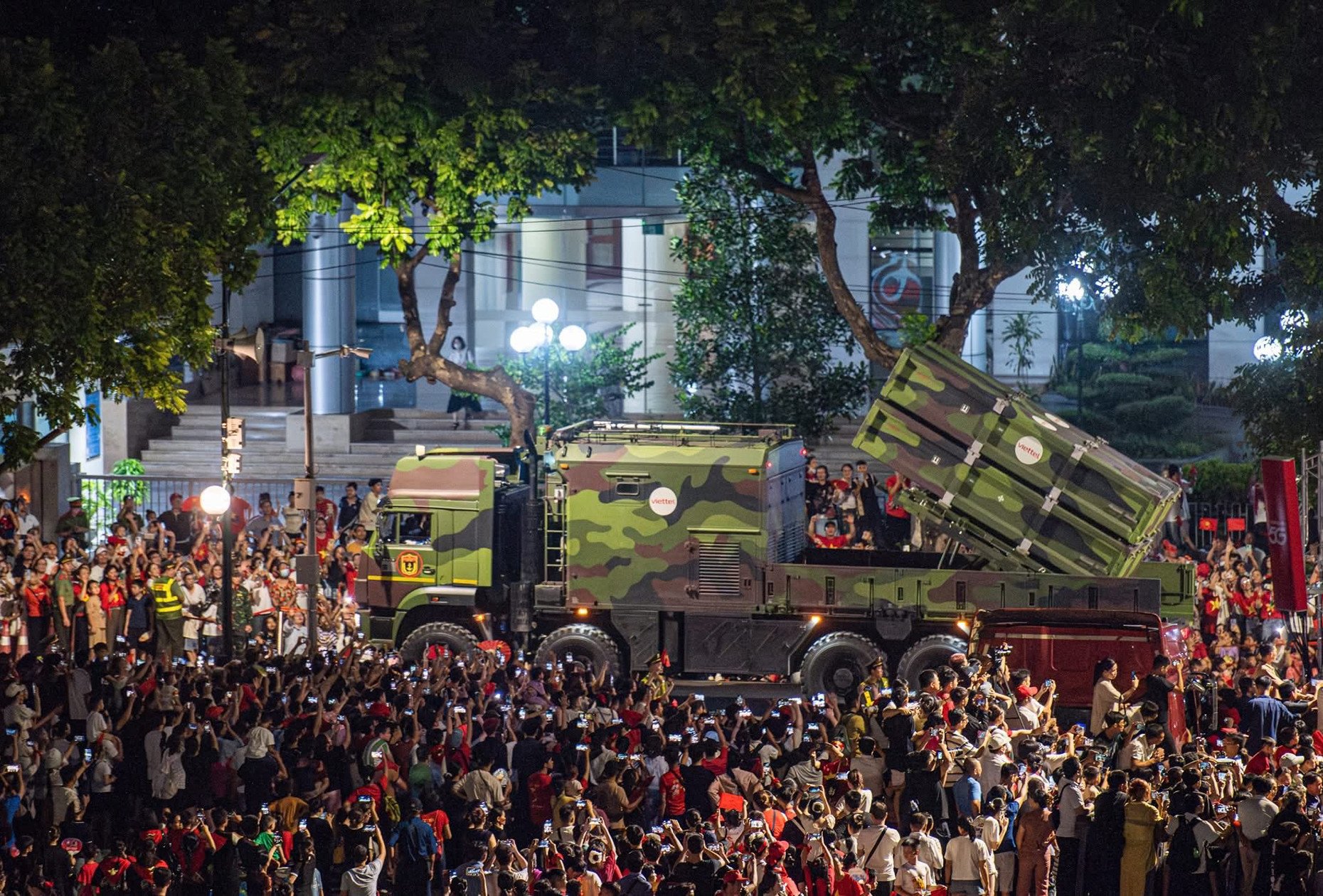
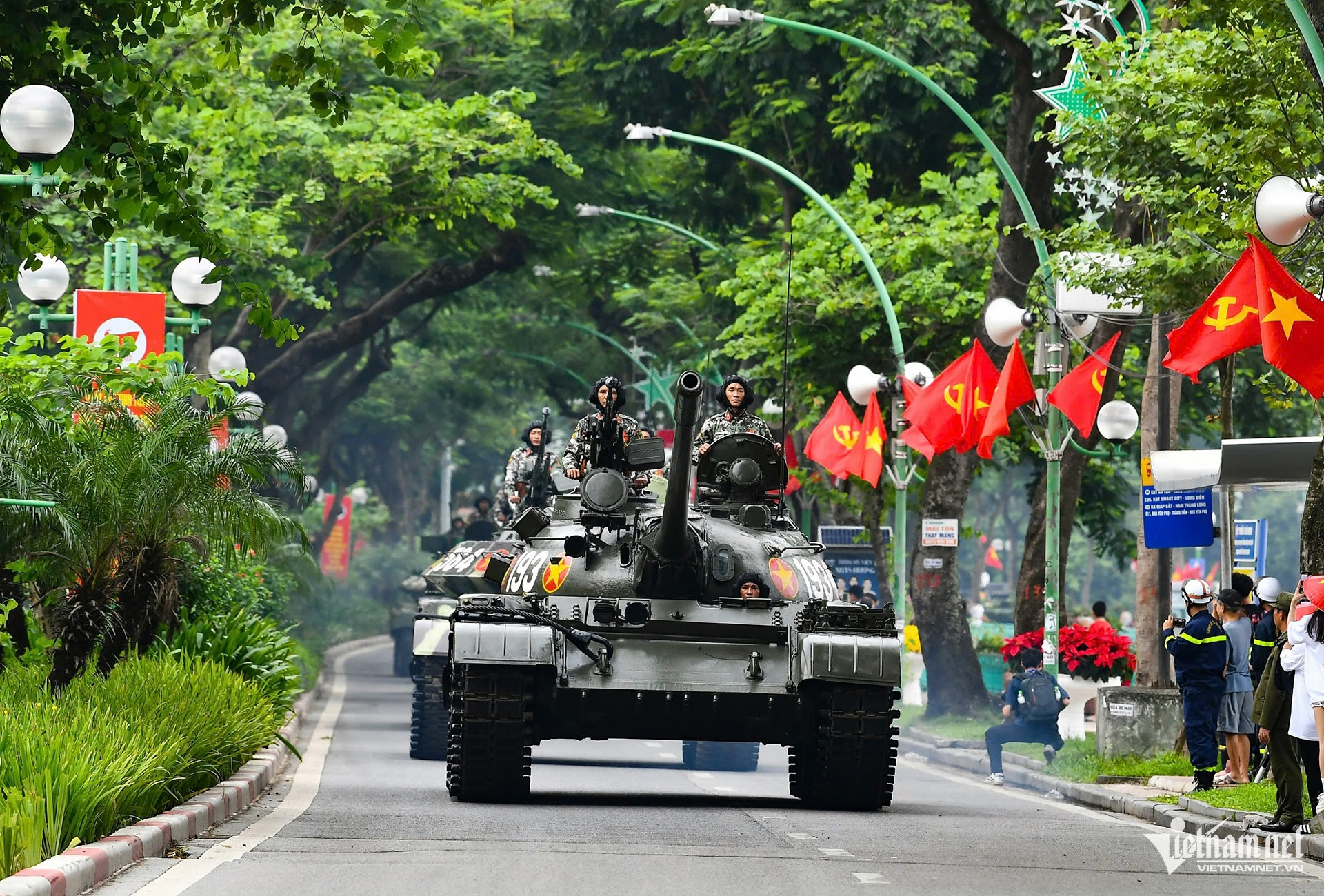
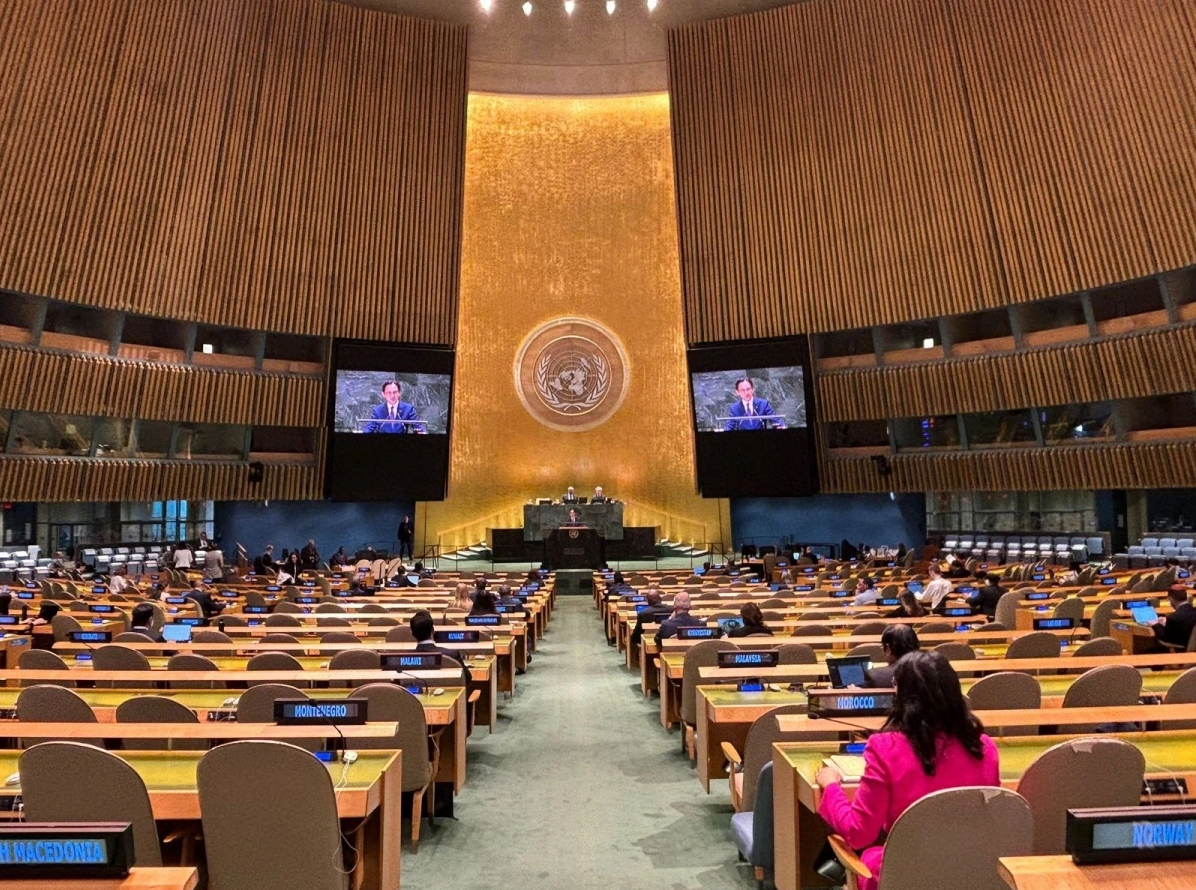
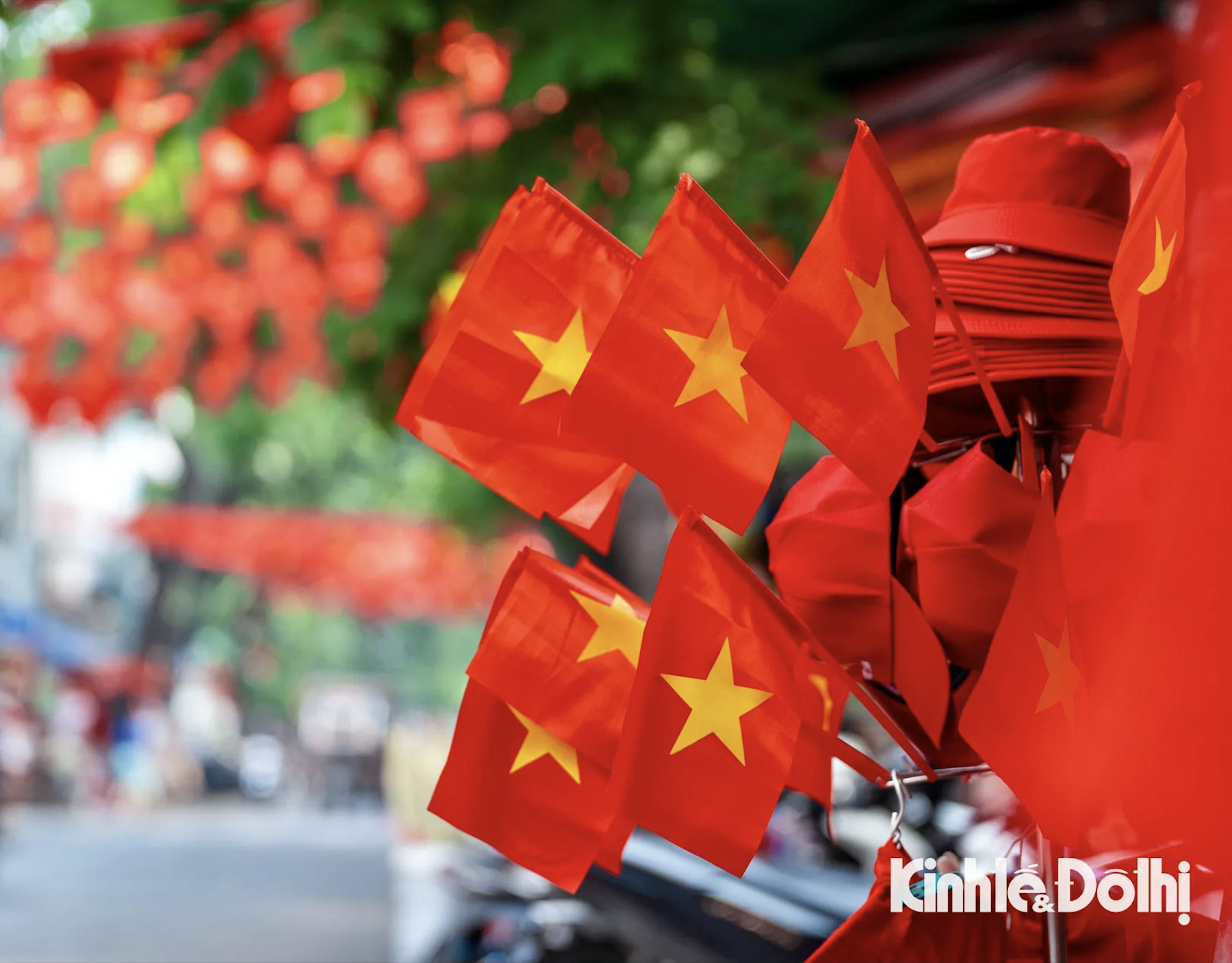
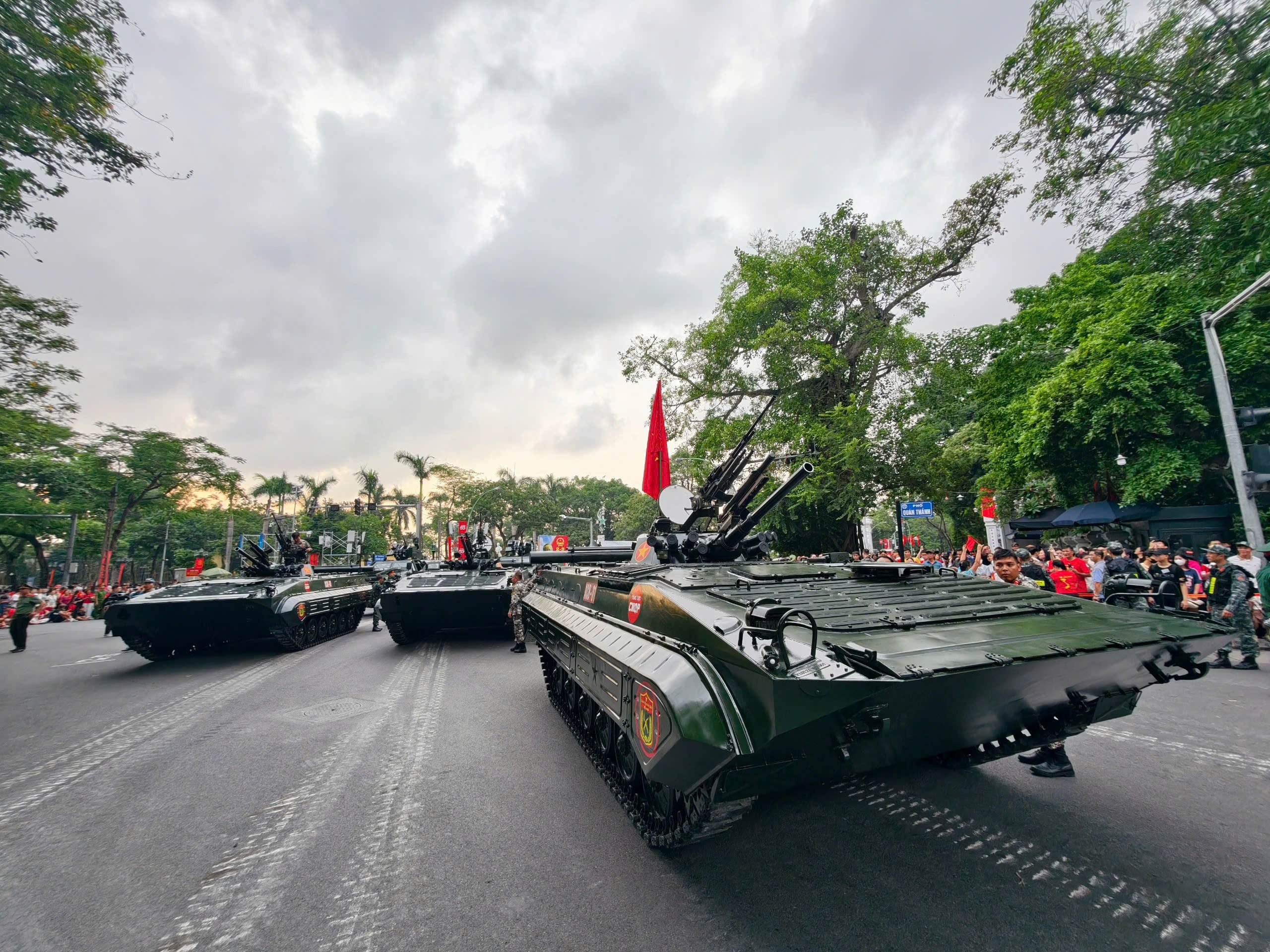

















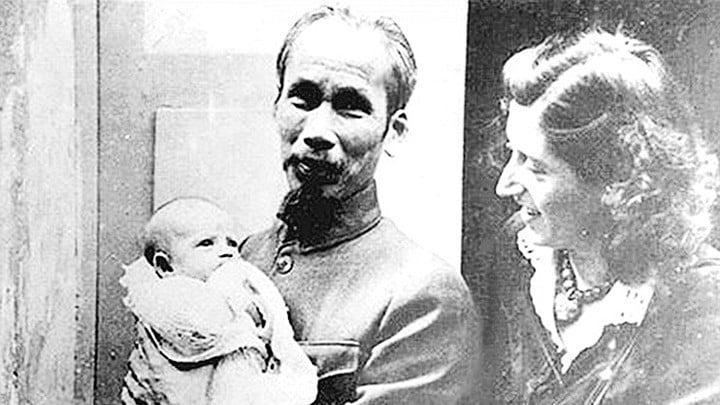











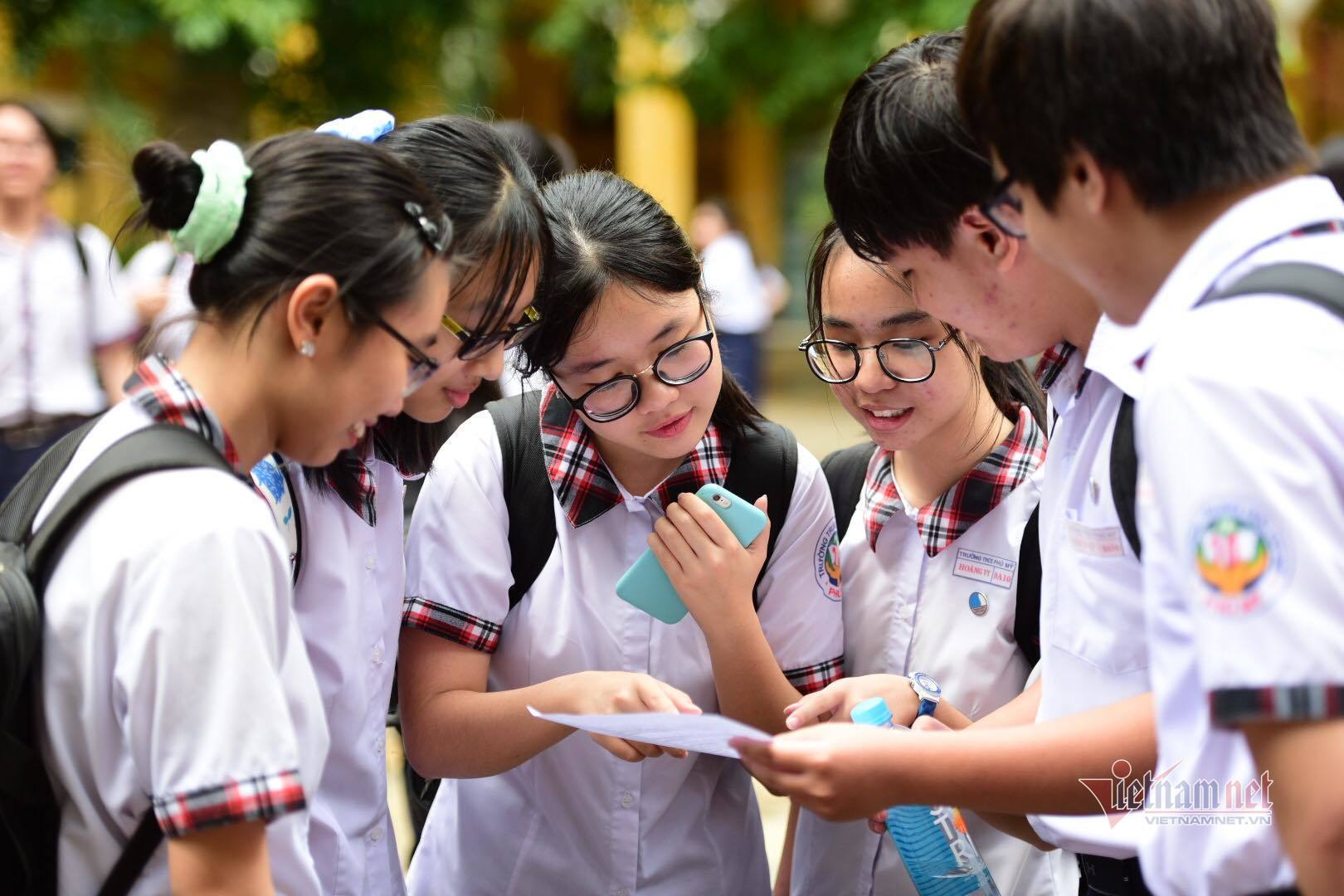


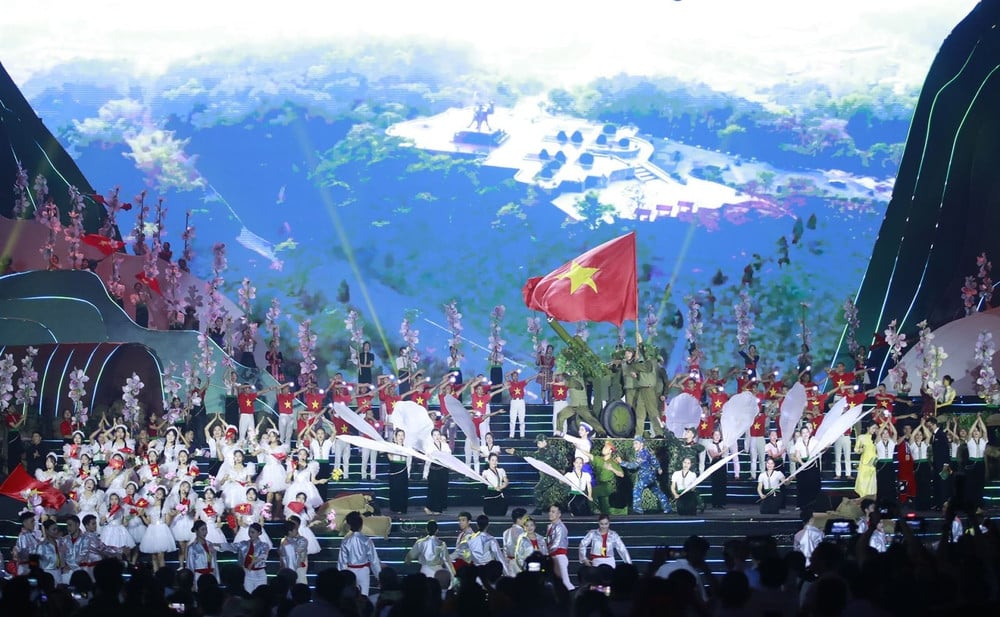

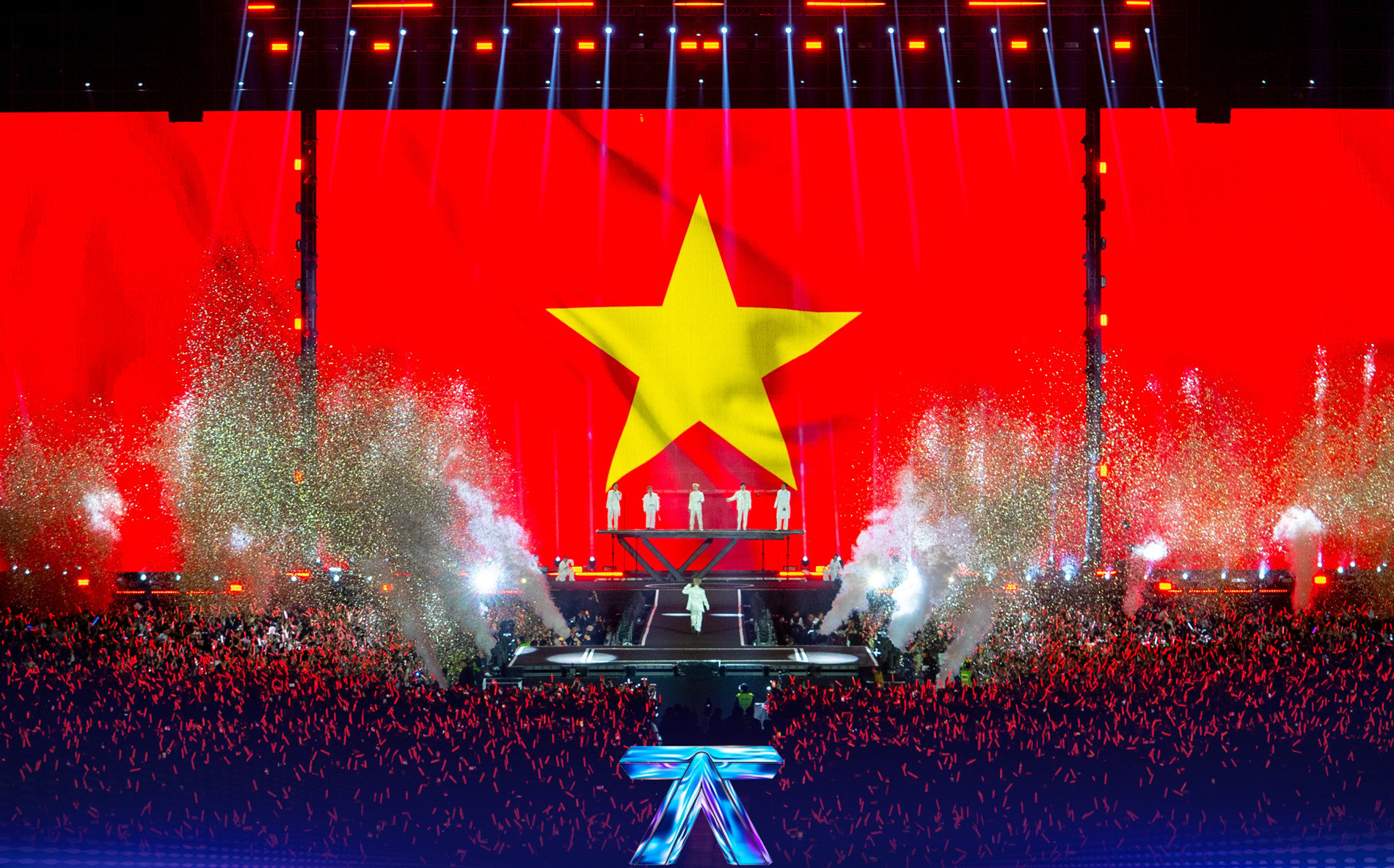
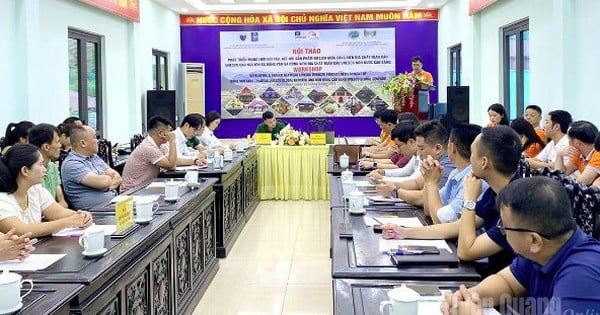

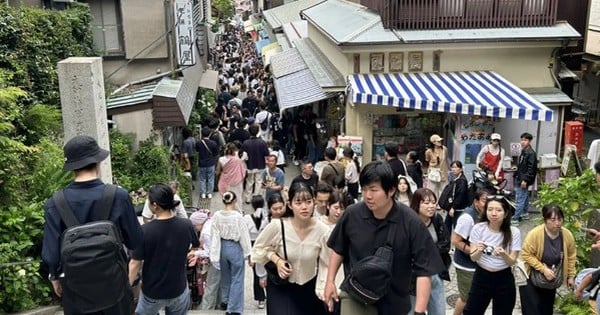

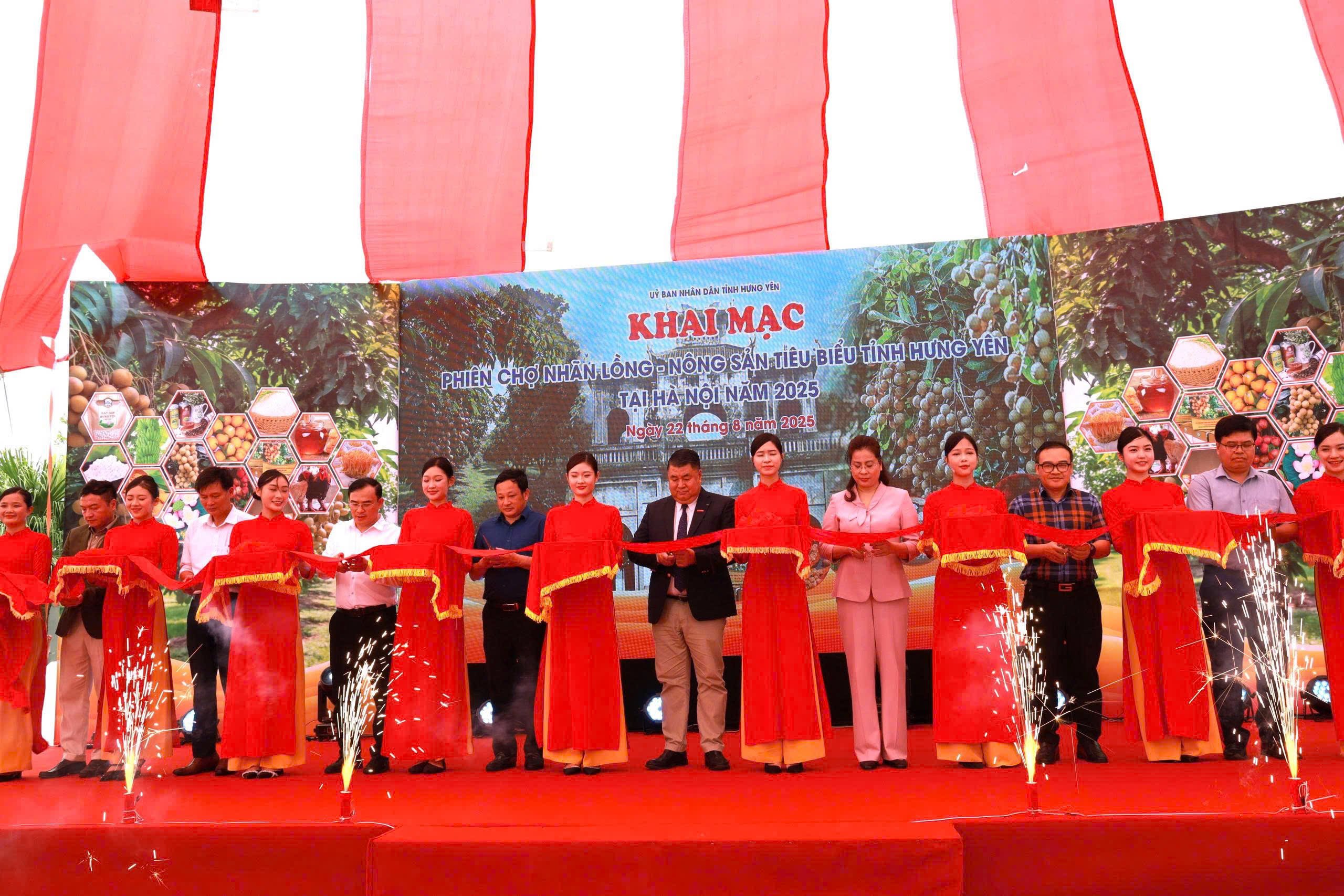


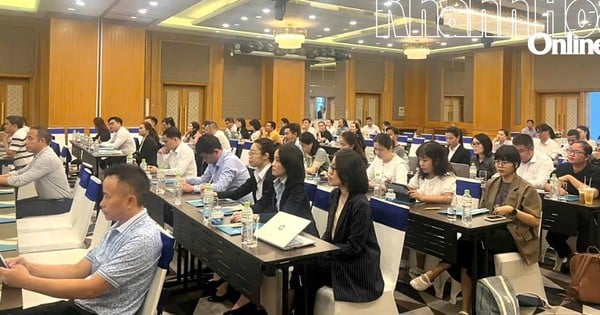













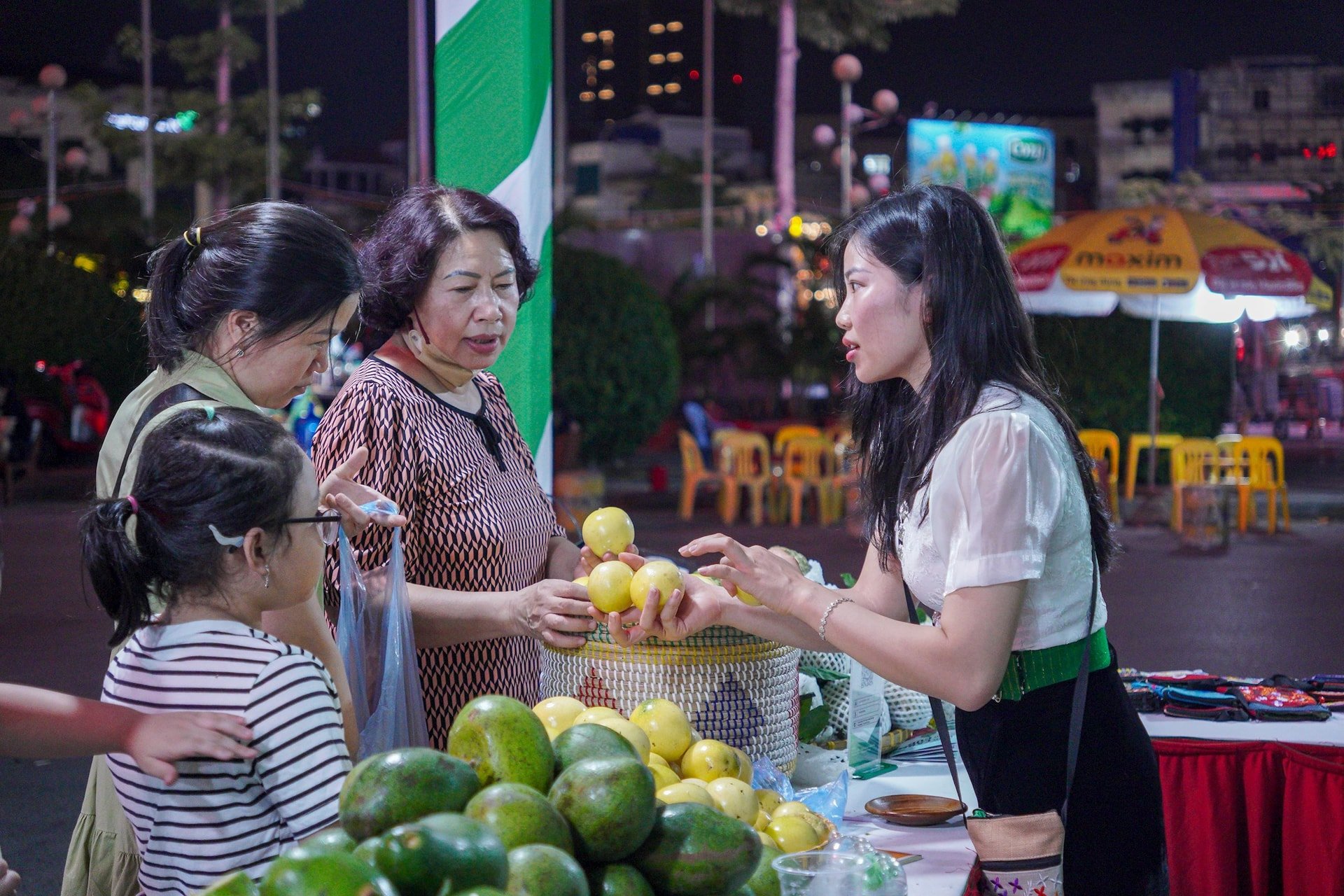

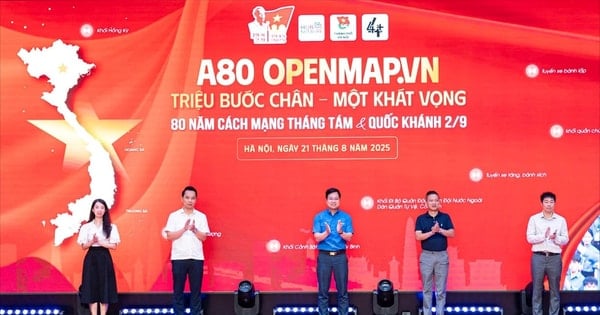






Comment (0)